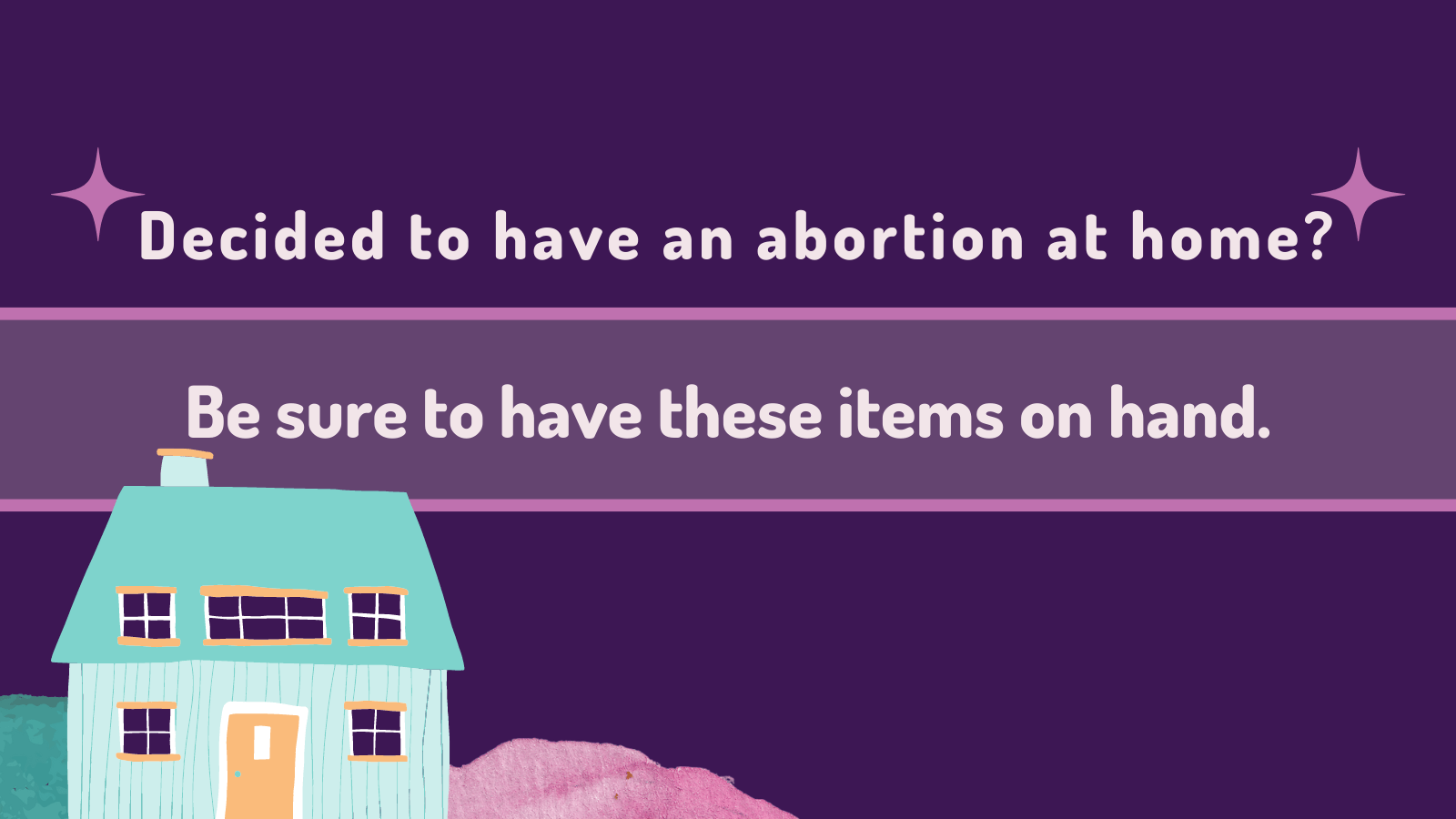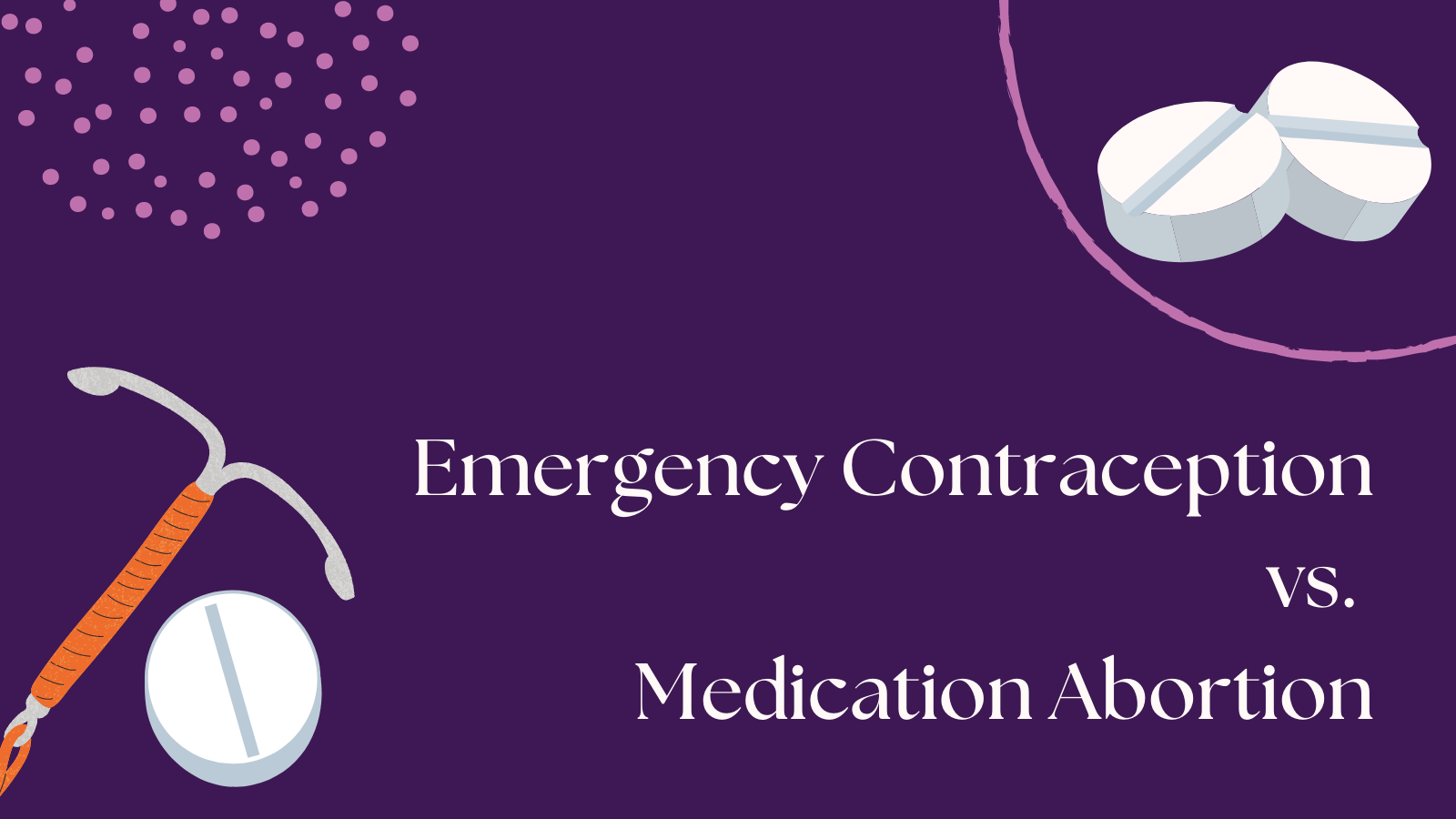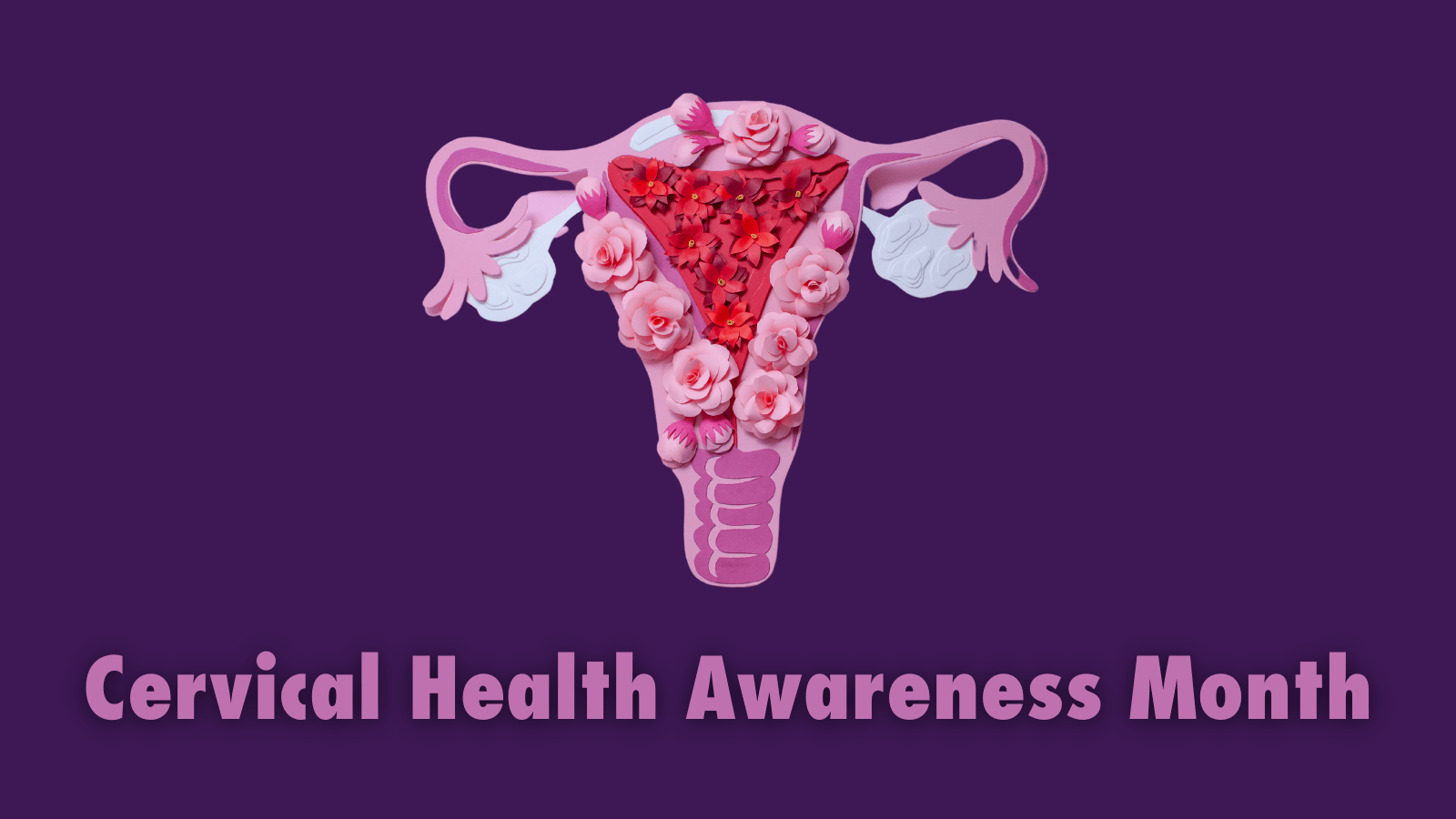Real vs Fake: Navigating through the world of reproductive health can be confusing, especially when there are organizations that try to pass themselves off as comprehensive reproductive health clinics. Here are 5 things you should look for when choosing a legitimate reproductive health clinic.
Is this a real clinic or a facility that looks like a clinic?
- Reproductive health clinics are run by Board Certified and licensed physicians. Real clinics will have counselors, medical assistants, and patient advocates. A legitimate clinic should be accredited by the National Abortion Federation, and can be a member of the Abortion Care Network.
- Often clinics or pregnancy centers claim to offer all services but they actually don’t. Read the fine print, ask questions.
Did the counselors tell you that:
- Having an abortion is high risk
- You could develop mental health issues
- You will be infertile following an abortion
- Abortions cause cancer?
If you answered YES to any of these questions, you have not been seen by a real clinic.
- In fact, having an abortion is safer than a tonsillectomy, and a 2004 study published in The Lancet, a widely respected medical journal, analyzed data from more than 50 other studies and concluded that women do not have an increased risk of breast cancer if they obtain an abortion. A first-trimester abortion poses virtually no long-term risk of infertility. Experts agree that does not cause mental health problems for women. As Dr. Robert Blum, the senior author of a 2008 Johns Hopkins University study, put it: “The best research does not support the existence of a ‘post-abortion syndrome’ similar to post-traumatic stress disorder.”
Birth Control is the same as abortion –
- The birth control method recommended by Crisis Pregnancy Centers is abstinence.
“You have plenty of time to make a decision”
- Whether a woman carries to term or not, prompt medical attention is important. Delaying a woman from getting actual medical attention and information can be dangerous. This is a clear strategy to make obtaining an abortion more difficult, more costly, or even impossible—and it comes at the expense of the women’s health and safety.
- There are restrictions on abortion after a certain number of weeks. This number can vary depending on the state.
Would plastic dolls and scary videos seem like a professional way to counsel someone on their options?
- Despite how they advertise themselves, fake women’s health centers are not medical clinics or comprehensive pregnancy resource centers and do not promote the full range of reproductive health care options. They intentionally spread misinformation about abortion and fetal development to scare pregnant people out of having abortions.
Whole Woman’s Health believes that everyone must be at the center of their own healthcare decisions. We are committed to destigmatizing abortion and creating safe spaces for all people. Make an appointment today!




